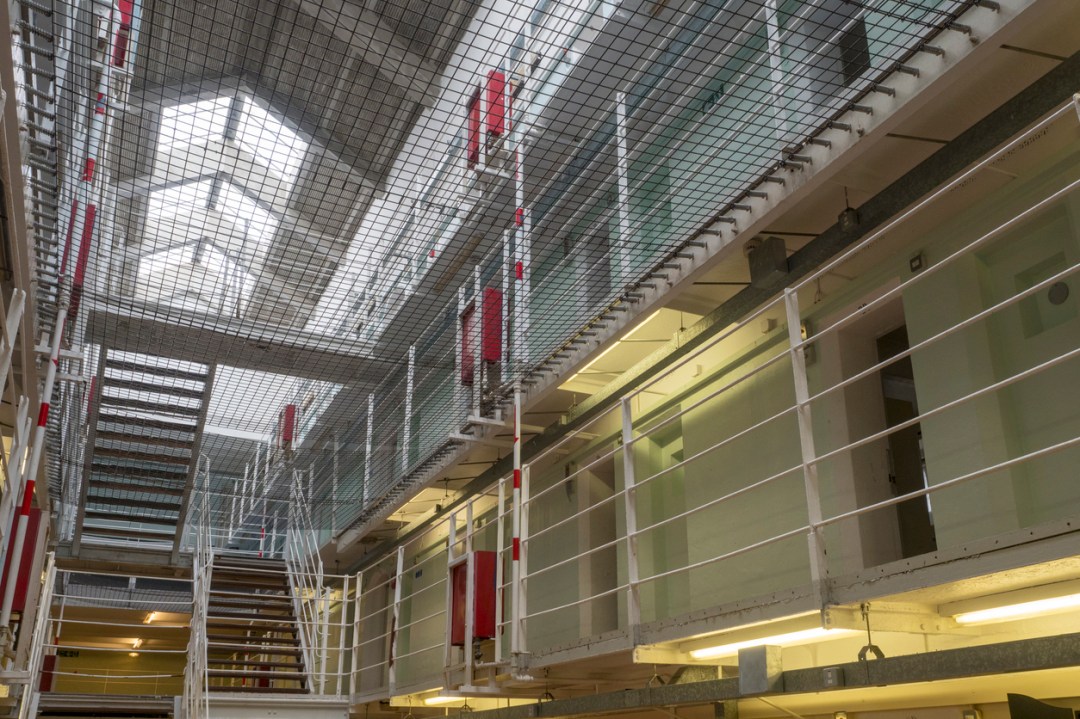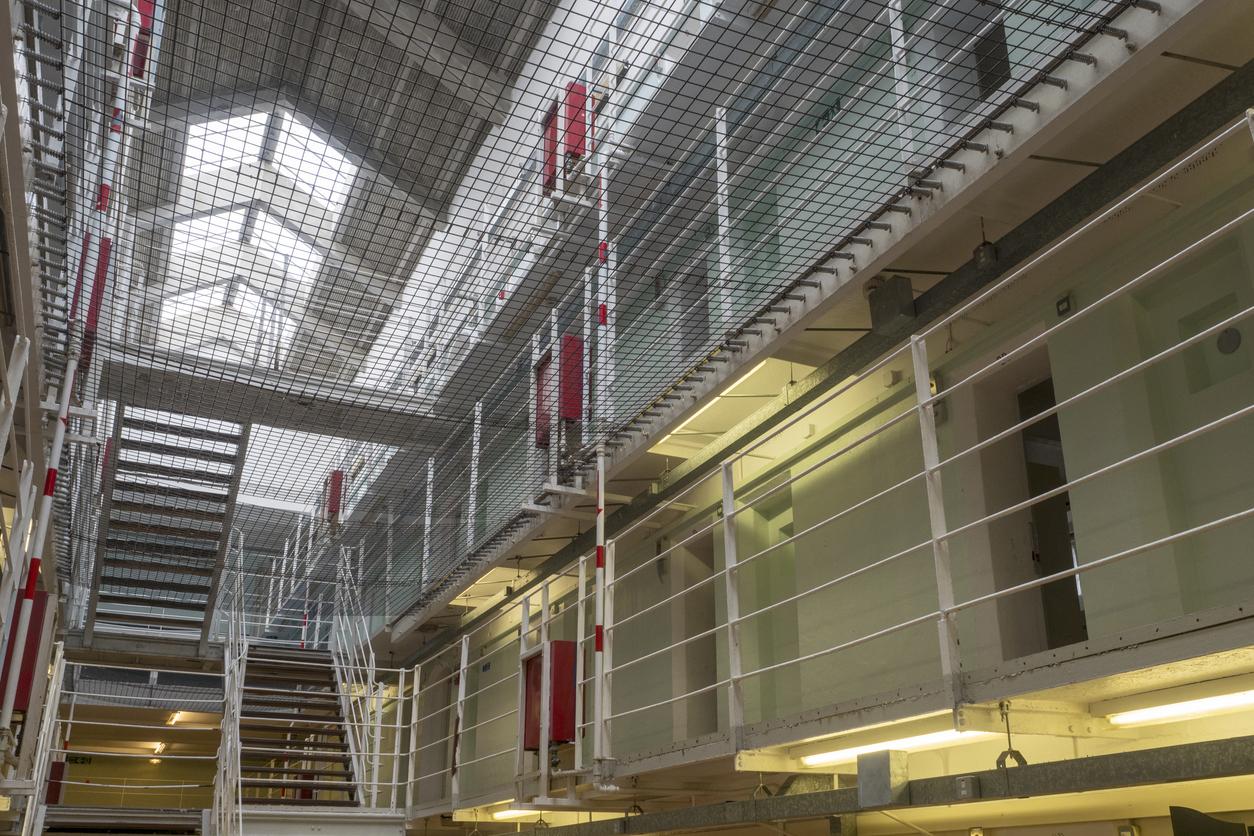Charlie Taylor, the Chief Inspector of Prisons, has a habit of speaking difficult truths which senior civil servants might wish to keep quiet. He’s done it again, following the publication of a recent inspection at HMP Bullingdon. Taylor tweeted that ‘Bullingdon, like many other jails, is heavily dependent on prison officers recruited from West Africa. Changes to Home Office thresholds mean that many are in danger of not have their work visas renewed. This will have a devastating effect on may jails if a solution is not found.’
Taylor is referring to the impact of the July 2025 changes to the skilled worker visa, which increased the minimum qualifying salary from £29,000 to £41,700 – more than most prison officers earn. The Chief Inspector has revealed a looming crisis for the prison service, and how yet another part of the British state which has become reliant onmigrant labour.
Last year 13.6 per cent of all prison officers hired came from Nigeria and Ghana
According to official data our prisons have become dependent on hiring from West Africa. Last year 13.6 per cent of all prison officers hired came from Nigeria and Ghana. They are hired remotely, interviewed over a video call, before being deployed to prisons across the country. All of them will have entered the UK on either a prison service specific two-year visa, or a ‘skilled workers’ visa, despite prison officer being a role which an 18-year-old can apply for without a degree or even A Levels.
It’s not actually clear how many of these officers are currently working in our prisons. When I asked the MoJ to provide the information they said they had no quality-assured data they could share. The situation is made more complex because there are a number of different hiring and visa routes through which foreign nationals have been hired as prison officers.
Anecdotally, it seems that numbers are high and concentrated in particular jails. I understand that Bullingdon, Liverpool, Guys Marsh, Swaleside and Elmlea are particularly reliant on migrant officers, with sources suggesting that over 20 per cent of officers in those jails are on various visas.
Reports on the quality of these foreign staff are varied. I regularly hear stories of officers being hired whose spoken and written English is so limited they are functionally unable to perform much of the job. There are also reports of new staff arriving at jails expecting the job to include housing, and having to sleep in their cars. There are cases of extreme culture clash, such as the West African officer at Swaleside who apparently asked in a meeting ‘what is an acceptable level of bribe to take in this prison system?’ All of that being said, many of these West African officers are well-regarded, with governors seeing them as diligent and more respectful of hierarchy than some British hires.
Really though, the question is why we need to hire prison officers from other continents. Trainee prison officers can start on a salary between £30,000 and £40,000. This is a job which requires no particular qualifications, and which 18-year-olds can apply for. Why is it so hard to hire Brits? Conditions are likely a big deterrent. Violence against prison officers is high and management culture is weak, and as a result retention is poor. The statistics show the problem – 2,453 frontline officers were appointed in the year ending June 2025, but 2,823 frontline officers left in the same time period.
Here is the real problem. The prison service can’t attract or retain enough people to work as officers, and so it is desperately hiring from other, poorer countries. This is a symptom of a deep sickness in the system. Youth unemployment in the UK is 14.5 per cent. The prison service should be able to offer a secure, well-paid and well-respected career to many of those young people. While increased pay is part of solving this problem, basic matters of safety and good management are critical too. Prison service leaders need to stop relying on foreign hires to disguise their failures.








Comments